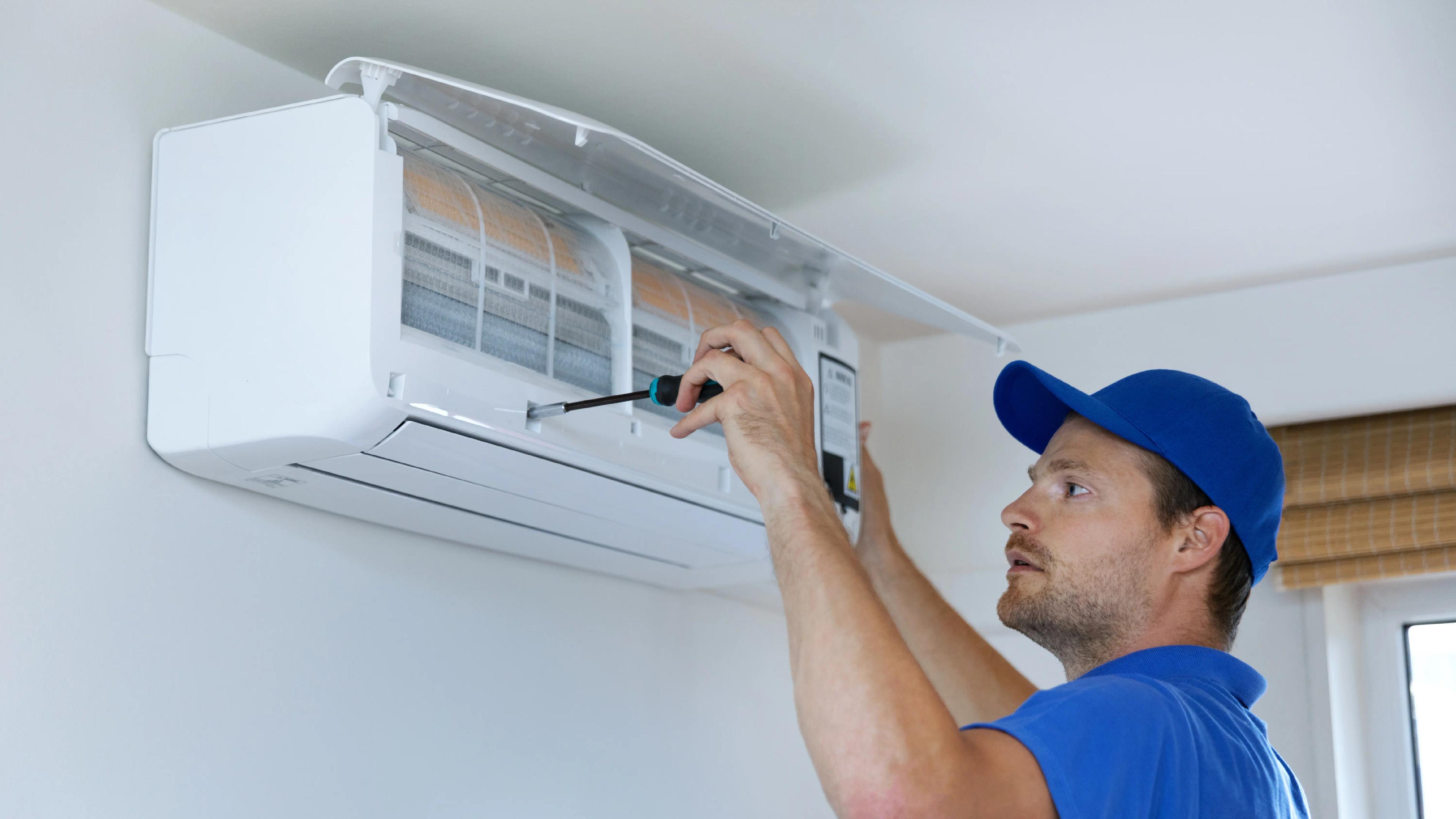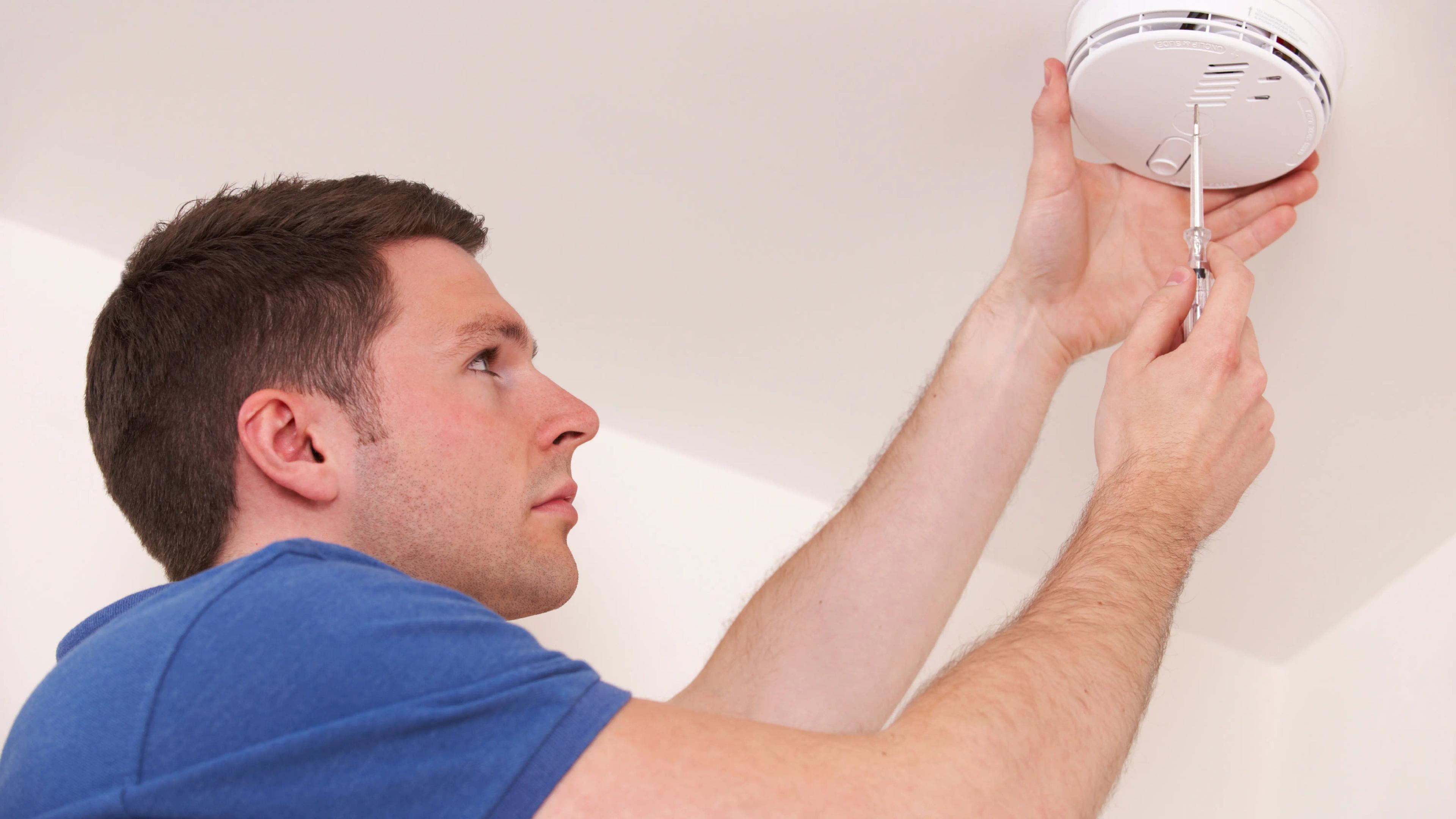As a responsible homeowner, maintaining the integrity and efficiency of your home is of paramount importance. Just like your car needs regular check-ups, your home’s mechanical systems require periodic assessments to ensure they’re running smoothly and efficiently. In this article, we’ll delve into the specifics of mechanical home inspections, what they cover, and why they are essential for homeowners.
What Does a Mechanical Home Inspection Cover?
A mechanical home inspection involves a thorough assessment of your home’s mechanical systems, including heating, ventilation, and air conditioning (HVAC) systems. The goal is to evaluate the performance, safety, and efficiency of these systems. Here’s what a comprehensive mechanical home inspection typically covers:

HVAC System Evaluation
- Heating System: Inspect furnaces, boilers, heat pumps, and radiators for proper functionality, cleanliness, and potential carbon monoxide leaks.
- Air Conditioning: Check the air conditioning unit, ductwork, and refrigerant levels to ensure they’re operating efficiently and safely.
Ventilation and Air Quality
- Assess the ventilation system to ensure proper airflow and ventilation throughout the house, which is crucial for maintaining good indoor air quality.
- Check for any potential issues such as mold, dust, or other air pollutants.

Plumbing and Water Systems
Inspect water heaters, plumbing fixtures, and pipes for leaks, corrosion, or any signs of damage that may affect water quality and supply.
Electrical Systems
Examine the electrical system, including outlets, switches, and the electrical panel, for safety and functionality.

Safety Checks
Ensure all safety measures are in place, including smoke detectors, carbon monoxide detectors, and fire extinguishers.
Why Do You Need a Mechanical Home Inspection?
Enhanced Safety
A mechanical home inspection helps identify potential safety hazards in your home’s mechanical systems, such as gas leaks, faulty electrical wiring, or malfunctioning heating equipment. Addressing these issues promptly ensures the safety of your family and property.
Efficiency and Cost Savings
Regular inspections can identify inefficiencies in your HVAC systems, allowing for timely repairs or maintenance. A well-maintained HVAC system operates more efficiently, which can lead to significant cost savings on energy bills in the long run.
Prolonged Equipment Life
Timely maintenance and repairs identified through a mechanical home inspection can extend the lifespan of your HVAC systems, plumbing, and other mechanical components. This means you won’t have to replace them prematurely, saving you money and hassle.
Compliance with Regulations
Some local jurisdictions and insurance companies may require regular mechanical inspections to ensure your home meets specific safety and operational standards. By conducting these inspections, you can remain compliant with regulations and maintain your insurance coverage.
